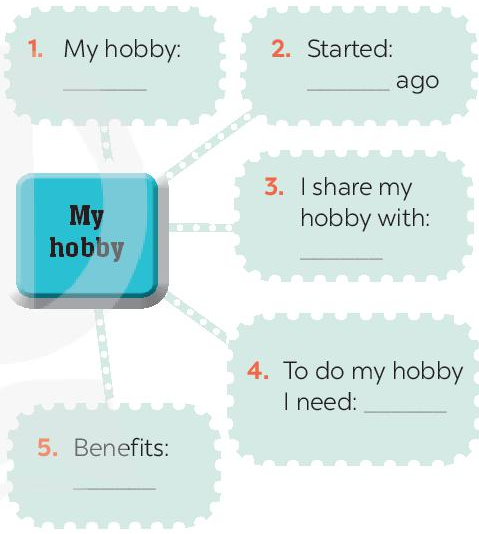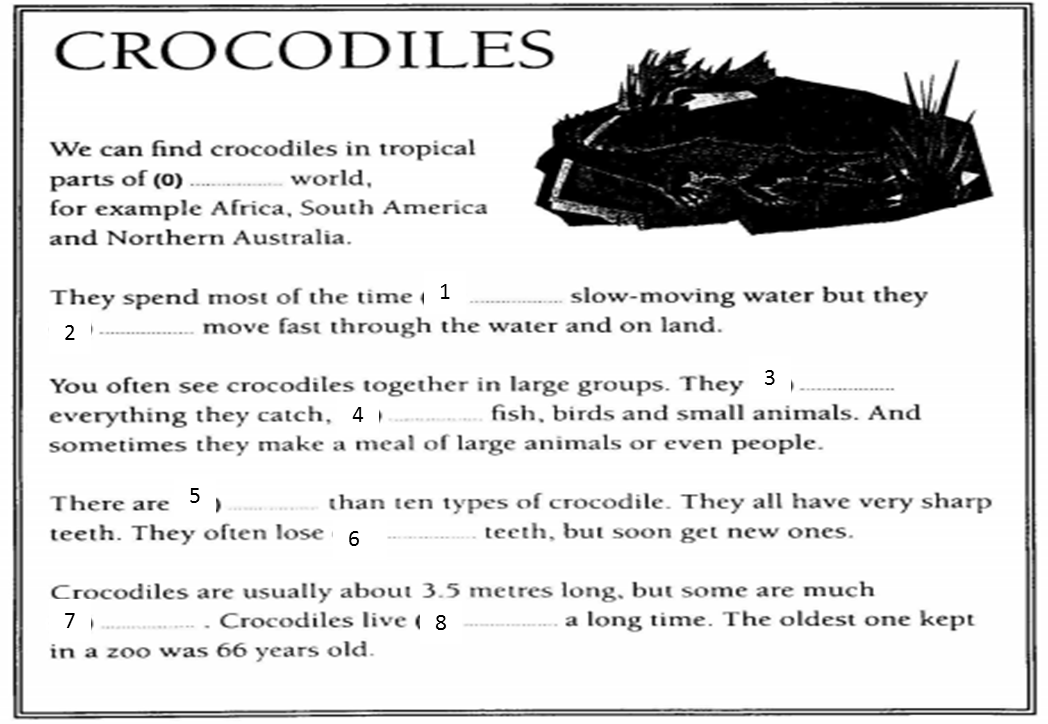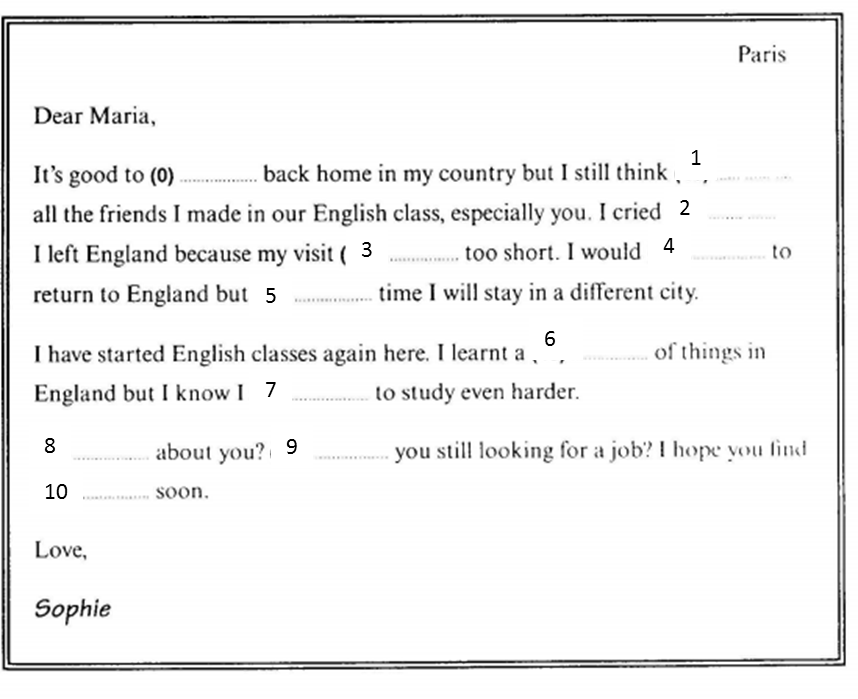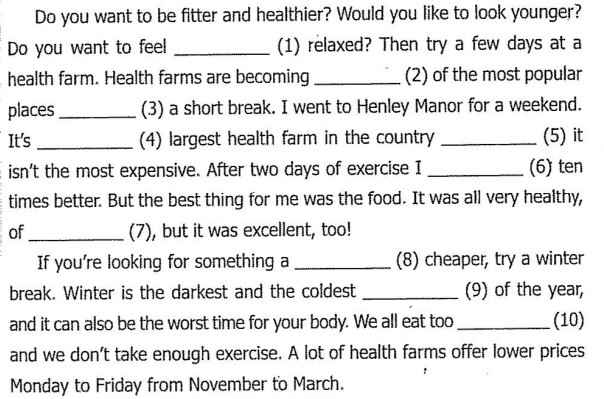PART ONE: LISTENING (2pts)Question 1. Listen to the tape and fill in the blanks with ONE suitable words or number. Listen to the tape and fill in the blanks by choosing the best option among A, B, C and D. (1,0 pt)Over the last two decades a new means of spoken (1) ........................ has emerged: the mobile phone.When Scotsman Alexander Graham Bell invented the telephone in 1876, it was a revolution in communication. People could talk to each other over great (2) ............................
Đọc tiếp
PART ONE: LISTENING (2pts)
Question 1. Listen to the tape and fill in the blanks with ONE suitable words or number. Listen to the tape and fill in the blanks by choosing the best option among A, B, C and D. (1,0 pt)
Over the last two decades a new means of spoken (1) ........................ has emerged: the mobile phone.When Scotsman Alexander Graham Bell invented the telephone in 1876, it was a revolution in communication. People could talk to each other over great (2) ......................... Now telephone is used to take (3) ........................, access to the (4)....................... or watch video clips.
1. A. communication B. languages C. voice D. accents
2. A. speeds B. distances C. ways D. transmissions
3. A. pictures B. images C. sounds D. photographs
4. A. networks B. wifis C. Internet D. media
Question 2. Listen again and choose A, B, C or D for the sentence (1pt)
5. The real first mobile phone call was made in ..................?
A. 1986 B. 1987 C. 1973 D. 1876
6. After discovering the mobile phone, Dr. Martin tested it by calling ..................
A. a policeman B. a friend C. his mother D. a rival scientist
7. Within .................... mobile phones became available to the public
A. a year B. 10 years C. two decades D. two years
8. At that time, mobile phone was called ‘yuppie’- a symbol of ........................
A. hippy B. the poor C. the young D. urban professionals





1. in
2. on
3. in
4. in
5. on
6. at
7. at/ in
8. in
9. in
10. at
1. in
2. on
3. in
4. in
5. on
6. at
7. at - in
8. in
9. in
10. at
`-` "in": tuần, tháng, năm, thế kỉ, các buổi lớn trong ngày, khu vực
`-` "on": các ngày trong tuần
`-` "at": vị trí, giờ, thời gian cụ thể, địa chỉ.